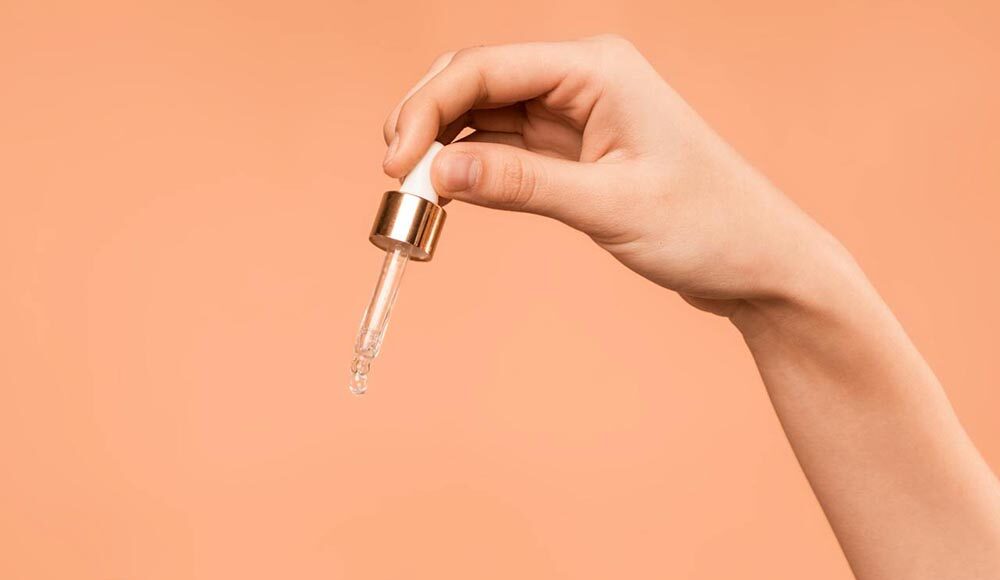Private-label skincare has moved into the spotlight of the global beauty industry. It was once thought of as a specialized choice for smaller merchants but both startups and well-established businesses now use it as a common strategy. The appeal is clear: private-label products allow brands to launch skincare lines under their own names without having to invest in laboratories, factories, or extensive R&D.
In simple terms, private-label skincare means that products are manufactured by one company but sold under another’s brand. In 2025, this model is accelerating because of e-commerce growth, shifting consumer expectations, and the increasing pressure for faster product cycles. For many brands, working with an OEM skincare manufacturer or private-label skincare supplier is no longer just a cost-saving option. It has become a competitive necessity.
Clean Beauty as the New Standard
The clean beauty movement has transitioned from trend to baseline. A recent report from Statista noted that the global natural and organic beauty market is projected to surpass 54 billion U.S. dollars by 2027. Consumers today actively read ingredient labels, demand transparency, and choose products that align with their environmental values.
Private-label cosmetics manufacturers have adapted by building clean formulations into their core offerings. Suppliers now provide vegan, cruelty-free, and paraben-free formulas as standard. Packaging has shifted as well, with many suppliers offering recyclable glass jars, refillable pumps, and biodegradable tubes. For brands, this means they can meet consumer expectations for sustainable and ethical products without the heavy expense of creating new systems from scratch.
Faster Innovation and Market Response
The pace of innovation in beauty has never been faster. Social media can turn a single ingredient into a global trend overnight. Hyaluronic acid, niacinamide, and retinol once dominated, but 2025 is seeing rising interest in biotech-driven ingredients such as lab-grown collagen and fermentation-derived actives. Adaptogens and rare botanicals are also being integrated into new formulas.
Private-label skincare suppliers give brands the ability to respond quickly. Many manufacturers keep large libraries of base formulas that can be adapted with different actives, scents, or textures. Minimum order quantities are often low, which means even smaller brands can test seasonal products or influencer-inspired launches. Instead of waiting six to twelve months for a new product, development cycles can often be reduced to just six to eight weeks.
Quality Control and Global Compliance
Regulation is one of the most complex aspects of skincare production. The European Union restricts over 1,300 cosmetic ingredients, while the United States restricts fewer than 20. Asia adds another layer of regional certifications and safety requirements. For brands planning global expansion, compliance can be overwhelming.
This is where private-label manufacturers provide their value. OEM skincare suppliers typically operate within Good Manufacturing Practice (GMP) certified facilities. Many also use ISO-certified processes and conduct multiple quality checks at every stage of production. Increasingly, suppliers are adopting digital tracking and automated monitoring to catch inconsistencies before products leave the factory. This combination of regulatory knowledge and strict quality systems helps brands protect both their reputation and their customers.
Personalisation and Diversity in Skincare
Beauty is becoming more personal and more inclusive. Consumers no longer accept one-size-fits-all solutions. They want skincare that reflects their skin type, tone, and lifestyle. According to Mintel, nearly half of beauty buyers in 2024 reported interest in products designed specifically for their personal needs.
Private-label partnerships make this possible. Smaller batch production enables niche launches such as fragrance-free lines for sensitive skin, advanced men’s grooming collections, or targeted formulations for specific ethnic skin concerns. OEM skincare suppliers can modify base formulas into lightweight gels, rich creams, or concentrated serums to meet diverse demands. For consumers, this translates into more choice and more relevance. For brands, it builds stronger loyalty.
Why 2025 Represents a Turning Point
Private-label skincare is rising because it addresses the three biggest forces shaping the beauty industry in 2025: speed, sustainability, and personalisation. For brands, partnering with a private-label skincare supplier reduces costs, shortens launch timelines, and provides access to formulas that already meet clean and ethical standards. For consumers, it means more products that are relevant, safe, and innovative.
Industry analysts expect the private-label cosmetics sector to expand significantly through the late 2020s. Companies that embrace this model now will be in a stronger position to meet demand and influence the beauty conversation. The frameworks are already in place, and the market is ready. For brands of all sizes, private-label skincare partnerships in 2025 represent more than a trend. They represent the next stage of growth in beauty.
##


